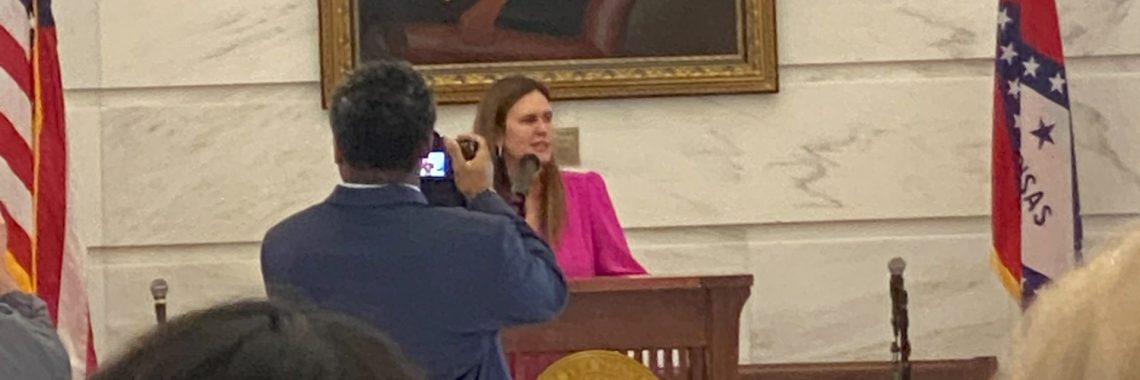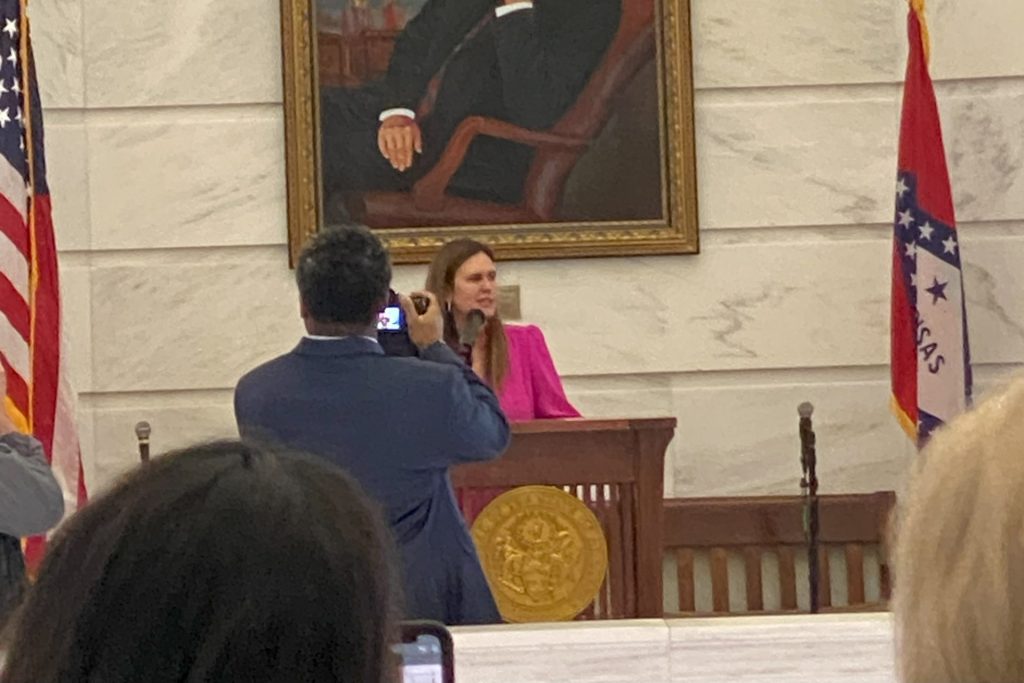Arkansas Leads Legal Challenge Against Biden Administration’s Title IX Changes
In a move to protect fairness in women’s sports and education, Arkansas Attorney General Tim Griffin’s office announced Tuesday that his office and the Missouri Attorney General’s office are leading a legal challenge against the Biden administration’s recent reinterpretation of Title IX.
Title IX is a federal law that prohibits discrimination on the basis of sex in education and in activities that receive federal funding — like school athletic programs.
But the Biden Administration recently released more than 1,500 pages of new rules drastically reinterpreting “sex” under Title IX to include sexual orientation and gender identity. Under these rules, public schools could be forced to let biological males compete in women’s sports and use girls’ locker rooms, showers, and changing areas at school.
Attorney General Griffin’s lawsuit alleges that the Biden Administration’s new rule is unconstitutional and threatens female students’ privacy and athletic opportunities.
We have written repeatedly about how women’s athletics is at risk of being erased in America.
In particular, female cyclists, swimmers, powerlifters, sprinters, and others have seen their sports radically changed by biological males who identify and compete as women.
Letting men compete in women’s sports reverses 50 years of advancements for women.
It hampers girls’ abilities to compete for athletic scholarships, and it hurts their professional opportunities as adults.
In some sports, it can even be dangerous.
Fortunately, educators, policymakers, and athletic organizations are taking steps to protect women’s sports.
Last fall the North American Grappling Association clarified its competition policy, saying biological males must compete against other men, regardless of their gender identity.
Earlier this year the professional golf league NXXT Golf announced that only biological females would be eligible to participate in the NXXT Women’s Pro Tour.
And recently the NAIA announced a policy that should prevent male athletes from competing in women’s collegiate sports.
Many states — including Arkansas — have enacted laws that preserve fairness in women’s sports.
In 2021 Arkansas passed Act 461 by Sen. Missy Irvin (R — Mountain View) and Rep. Sonia Barker (R — Smackover) preventing male student athletes from competing against girls in women’s athletics at school.
This good law protects fairness in women’s sports in Arkansas.
It’s worth point out that public opinion is shifting on this issue, with more Americans agreeing that athletes ought to compete according to their biological sex rather than their gender identity.
Family Council appreciates Attorney General Tim Griffin and Governor Sanders for standing up against the Biden Administration’s radical reinterpretation of Title IX.





